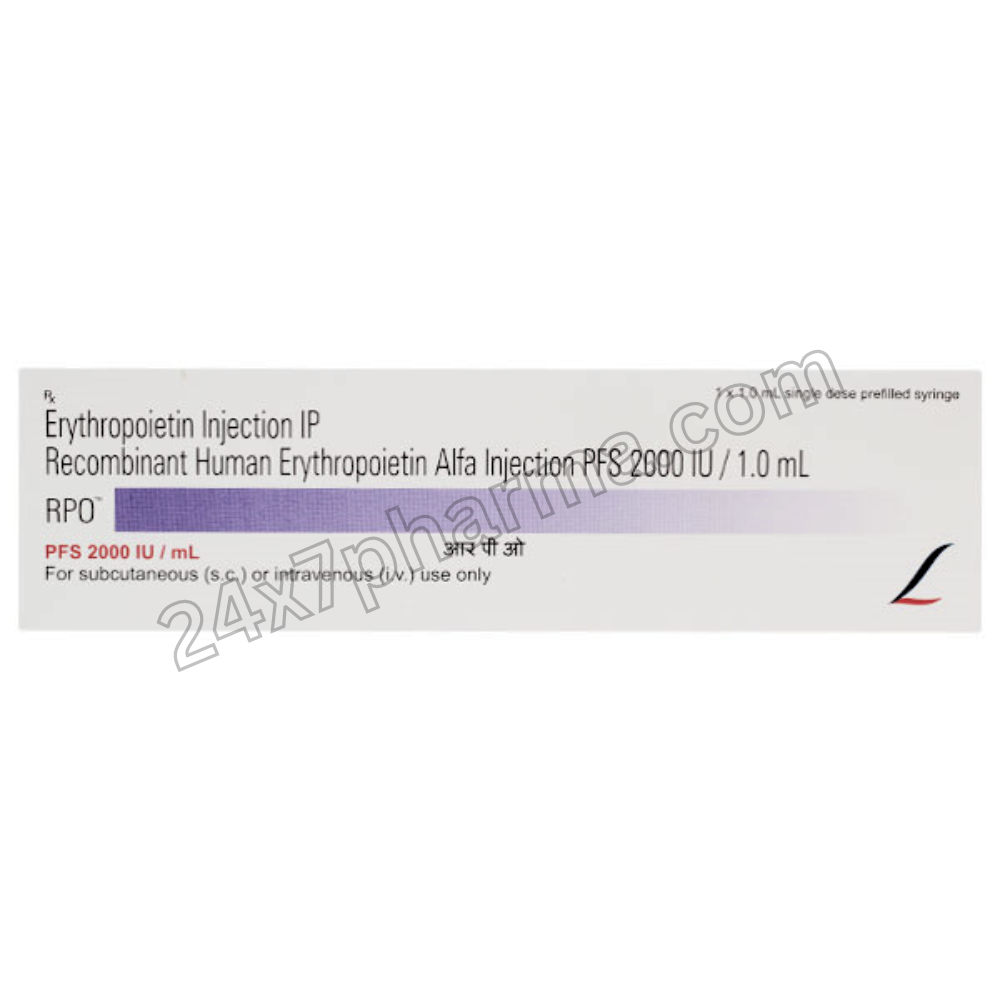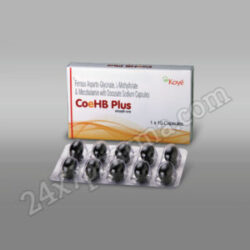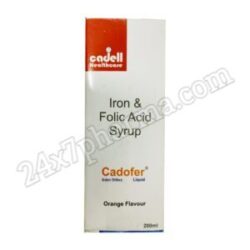RPO 2000 IU Injection, also known as Erythropoietin Injection, is a vital medication widely used to treat anemia, particularly in patients with chronic kidney disease (CKD) or those undergoing dialysis. This synthetic erythropoietin injection helps stimulate the production of red blood cells in the body, alleviating the symptoms of anemia, such as fatigue, weakness, and shortness of breath. Manufactured with precision, the RPO 2000 IU Injection provides an effective solution to combat anemia and improve the quality of life for patients.
How Does RPO 2000 IU Injection Work?
RPO 2000 IU Erythropoietin Injection works by mimicking the natural hormone erythropoietin, which is produced by the kidneys. Erythropoietin plays a critical role in the production of red blood cells in the bone marrow. Patients with CKD or other conditions often experience reduced erythropoietin levels, leading to anemia.
When administered, the RPO 2000 synthetic erythropoietin injection stimulates the bone marrow to produce more red blood cells, enhancing oxygen-carrying capacity and alleviating symptoms associated with anemia. This makes it a cornerstone treatment for managing anemia effectively.
How to Use RPO 2000 IU Injection
Using the RPO 2000 Erythropoietin Injection correctly is essential for optimal results. Here’s a step-by-step guide:
- Administration: RPO 2000 IU Injection is typically administered subcutaneously (under the skin) or intravenously (directly into a vein). Your healthcare provider will decide on the most suitable method based on your specific condition.
- Dosage: The dosage of RPO 2000 erythropoietin injection for anemia is personalized based on factors like your hemoglobin levels, body weight, and underlying condition. Always adhere strictly to the prescribed dose.
- Preparation: Before use, inspect the RPO erythropoietin injection 2000 IU storage conditions. It should be kept refrigerated between 2°C to 8°C and protected from light. Avoid freezing the vial.
- Administration Frequency: The injection is usually administered once a week or as advised by your doctor. Regular blood tests may be required to monitor hemoglobin levels and adjust the dosage accordingly.
Side Effects
While RPO 2000 Injection is generally well-tolerated, some patients may experience side effects. Common side effects include:
- Headaches or dizziness
- Injection site reactions, such as redness or swelling
- Elevated blood pressure (hypertension)
- Flu-like symptoms, including fever, chills, or muscle pain
- Nausea or vomiting
Severe side effects, though rare, may include blood clots, stroke, or allergic reactions. If you experience any unexpected symptoms, reach out to your healthcare provider without delay.
Other Strengths
For alternative dosages or higher strengths, consult your healthcare provider to determine the most suitable treatment plan tailored to your specific medical condition and needs. Always adhere to your doctor’s instructions for safe and effective use.
Warnings & Precautions
To ensure the safe use of RPO 2000 synthetic erythropoietin injection, follow these precautions:
- Medical History: Inform your doctor about any pre-existing conditions, such as high blood pressure, seizures, or a history of blood clots, before starting treatment.
- Allergies: Disclose any known allergies to erythropoietin or other components of the injection.
- Pregnancy & Breastfeeding: The safety of RPO 2000 erythropoietin injection during pregnancy or breastfeeding has not been fully established. Seek medical advice if you are pregnant, planning to conceive, or breastfeeding.
- Storage: Proper storage is crucial for maintaining the efficacy of the medication. Always follow the recommended RPO erythropoietin injection 2000 IU storage guidelines.
- Monitoring: Regular blood tests to monitor hemoglobin levels are essential to prevent overcorrection of anemia, which may increase the risk of cardiovascular events
Frequently Asked Questions
Q1. Can RPO 2000 Injection be self-administered?
Ans: Yes, with proper training from a healthcare provider, RPO 2000 injection of erythropoietin can be self-administered at home. Ensure all instructions are followed meticulously.
Q2. How long does it take for RPO 2000 Erythropoietin Injection to show results?
Ans: The effects of the injection vary depending on the individual and the severity of anemia. Typically, hemoglobin levels begin to improve within 2 to 6 weeks.
Q3. Are there any dietary restrictions while using RPO 2000 Injection?
Ans: There are no specific dietary restrictions, but maintaining a balanced diet rich in iron, folic acid, and vitamin B12 can support red blood cell production.
Q4. Can I use RPO 2000 Injection if I have high blood pressure?
Ans: High blood pressure is a potential side effect of erythropoietin 2000 IU injection. Seek guidance from your healthcare provider for tailored recommendations before beginning treatment.









